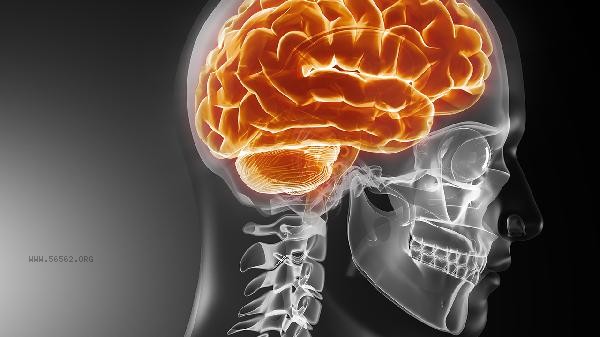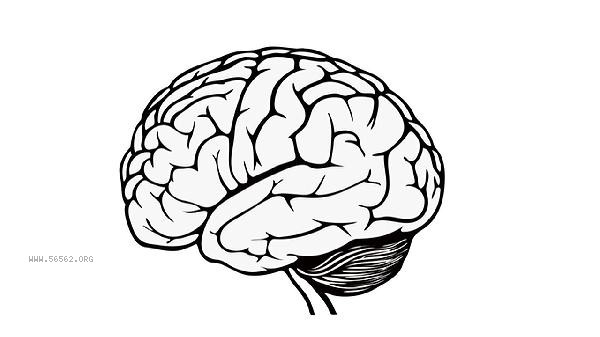Whether the brain can recover from memory loss depends on the specific cause and degree of damage, and some cases can be improved through rehabilitation training. Severe organic damage may be difficult to fully recover. The main methods of memory recovery include neurological rehabilitation therapy, cognitive training, medication therapy, psychological intervention, lifestyle adjustment, etc.

1. Neurorehabilitation therapy
For memory impairment caused by traumatic brain injury or stroke, professional rehabilitation institutions will use physical therapies such as transcranial magnetic stimulation to promote neural remodeling. Combined with language training and motor function recovery, it can effectively improve short-term memory impairment. Early intervention therapy is particularly important for the repair of memory related areas such as the hippocampus.
2. Cognitive Training
Cognitive training such as the Memory Palace method can enhance brain compensatory function. Daily targeted exercises such as numerical memory and image association can gradually reconstruct the memory retrieval path. Alzheimer's disease patients can slow down the rate of memory decline through continuous cognitive stimulation.
3. Drug therapy
Under the guidance of a doctor, the use of acetylcholinesterase inhibitors such as donepezil can improve neurotransmitter transmission. Brain metabolic activators such as piracetam can promote energy metabolism in brain cells, and when used in combination with nutritional and neuropharmaceuticals, have a better effect on vascular dementia.

4. Psychological intervention
Memory impairment caused by post-traumatic stress disorder needs to be combined with exposure therapy. Psychological counseling can help patients rebuild memory clues, while music therapy and artistic expression have unique effects on emotional memory recovery. Group therapy can improve social memory function.
5. Lifestyle Adjustment
Maintaining a Mediterranean diet pattern helps maintain brain cell health, and regular aerobic exercise can promote the secretion of brain-derived neurotrophic factors. Ensuring deep sleep can consolidate memory traces, and controlling blood pressure and blood sugar can prevent the deterioration of vascular memory impairment. Memory recovery requires interdisciplinary collaboration and long-term persistence. It is recommended to develop personalized plans under the guidance of professional doctors. Family members should assist patients in establishing a structured living environment and use memory aids such as notebooks and reminder software. Avoiding excessive anxiety and negative psychological suggestion, and maintaining moderate social activity can help maintain cognitive reserve. Regular brain function assessments are conducted, and training intensity is dynamically adjusted based on recovery status. Some patients can achieve significant improvement through systematic rehabilitation.









Comments (0)
Leave a Comment
No comments yet
Be the first to share your thoughts!